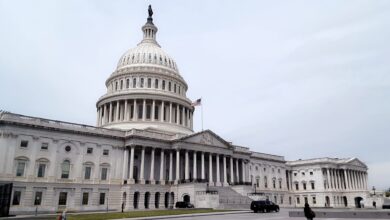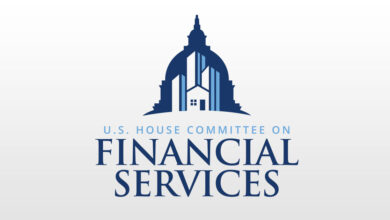Crypto is becoming more and more mainstream

Washington State Raises Bitcoin Mining Charges By 29%
The charges to access hydroelectric power for Bitcoin Mining F has now gone up by 29% in Washington state located in Western United States. The new raise was commissioned by a Public Utility District Commissioner of the Chelan County, Gary Arsenault, and became effective on June 1st, 2022.
Washington State runs a power plant that has made for about 6,809 megawatts worth of hydroelectric power; two-thirds of the overall generated power in the United States in 2020 and is currently the seventh largest plant in the world. The state used to be a hub for cheap power, making it a fertile ground for Bitcoin Mining.
According to The Cambridge Bitcoin Electricity Consumption Index, it is estimated that Bitcoin used up 167.72 Terawatt-hours of electricity through energy assets at the point of production, and 26.73 Terawatt-hours per year.
Russian parliament introduces bill to ban use of digital assets as payment but..
The State Duma is set to consider banning the use of digital assets as a method of payment. A new bill introduced by the head of the House Financial Markets Committee, Anatoly Aksakov, proposes to clarify that only the Russian ruble is a unit of payment in the country.
In his explanatory note to the parliament, Aksakov explains that the bill aims to curb the use of DFAs as a financial surrogate for the ruble.
He added that the bill would help make digital assets more attractive as an investment vehicle. This gives other bills making progress in the house, including the bill “On Digital Currency” and “On Mining in the Russian Federation,” more effectiveness.
Russia is also developing its central bank digital currency (CBDC) at full speed. The CBDC is poised for a pilot launch early next year, as the central bank Governor Elvira Nabiullina recently announced.
India reconfirmed the 1% Tax-Deducted-At-Source on Crypto
Some Indian crypto news outlets disclosed that the Income Tax Department had changed the announced 1% TDS on crypto to 0.1% based on information on the country’s Income Tax website. However, the government has informed the public that such information was false and a typographical error.
It is worth noting that the 1% TDS on crypto is expected to take effect from July 1, in addition to the 30% capital gains tax that came into effect in April. So far, the new tax rules have led to a significant reduction in the country’s crypto trading volume, even as startups consider migrating to the UAE.
EFCC Nigeria to adopt forensic auditing approach with Crypto
Economic and Financial Crimes Commission (EFCC) have undergone training on cryptocurrency, forensic auditing and investigation.
A four-day workshop was organised by the anti-money laundering agency as part of efforts to tackle some emerging crimes and build stronger capacities for future challenges.
It took place at the EFCC Academy in Karu, Abuja with participants drawn from different cadres of operatives of the commission.
The Acting Deputy Commandant in charge of Administration at EFCC Academy, Assistant Commander of EFCC, Mr Joseph Ogwiji, explained that: “cryptocurrency is an emerging trend, so we looked at the investigation aspect of it in order to expand the horizon of the officers.”
Mr Ogwiji further said that the Executive Chairman of the agency, Mr Abdulrasheed Bawa, in his determination to ensure that the organisation remains proactive in the face of some emerging crimes, re-equipped the academy with everything needed for sustained capacity development of all its officers.
Mr Ogwiji assured that, “A lot has been impacted in the participants and we are sure of turning out operatives that are well grounded in the investigation by utilizing forensic auditing approach.”





